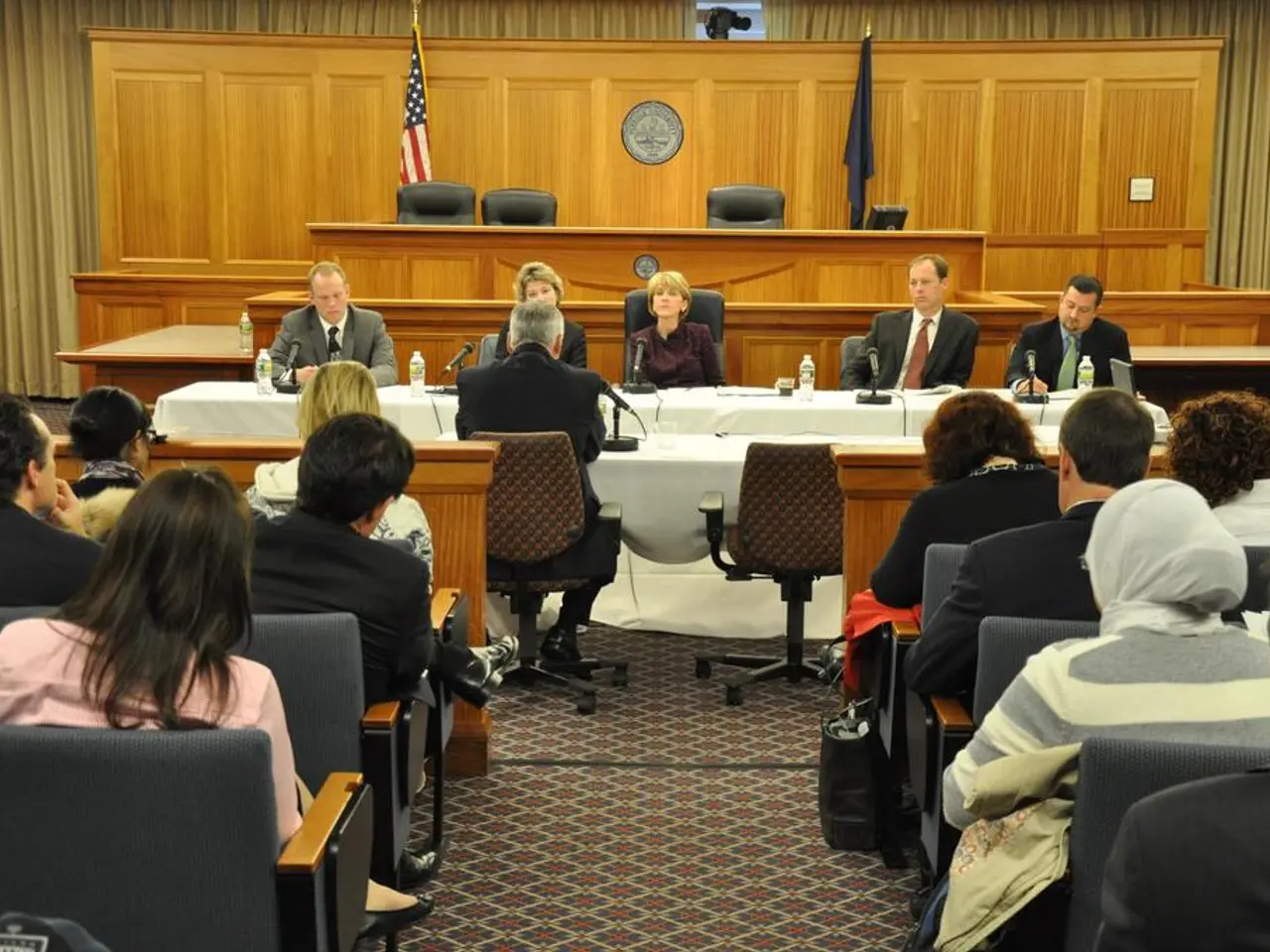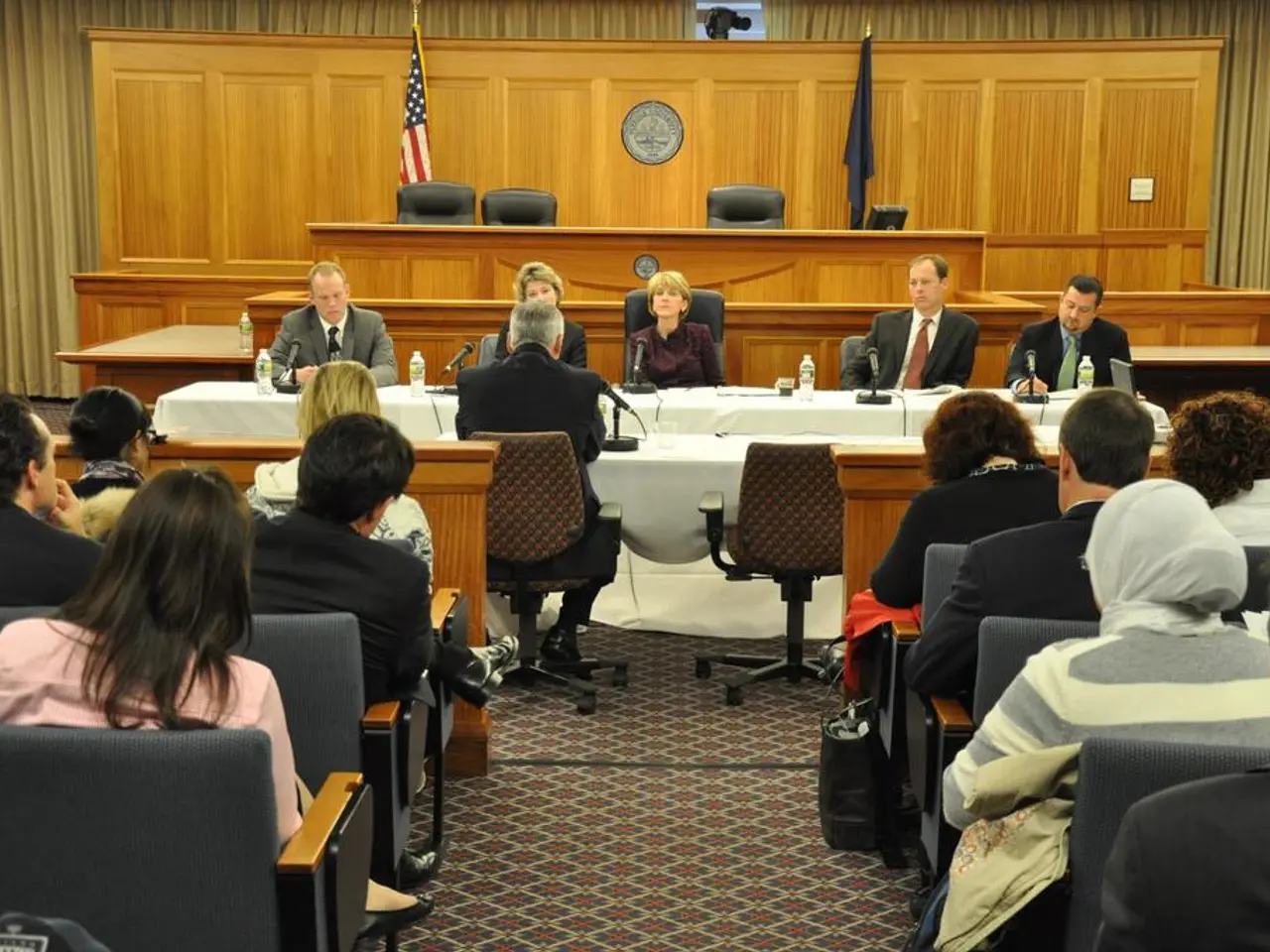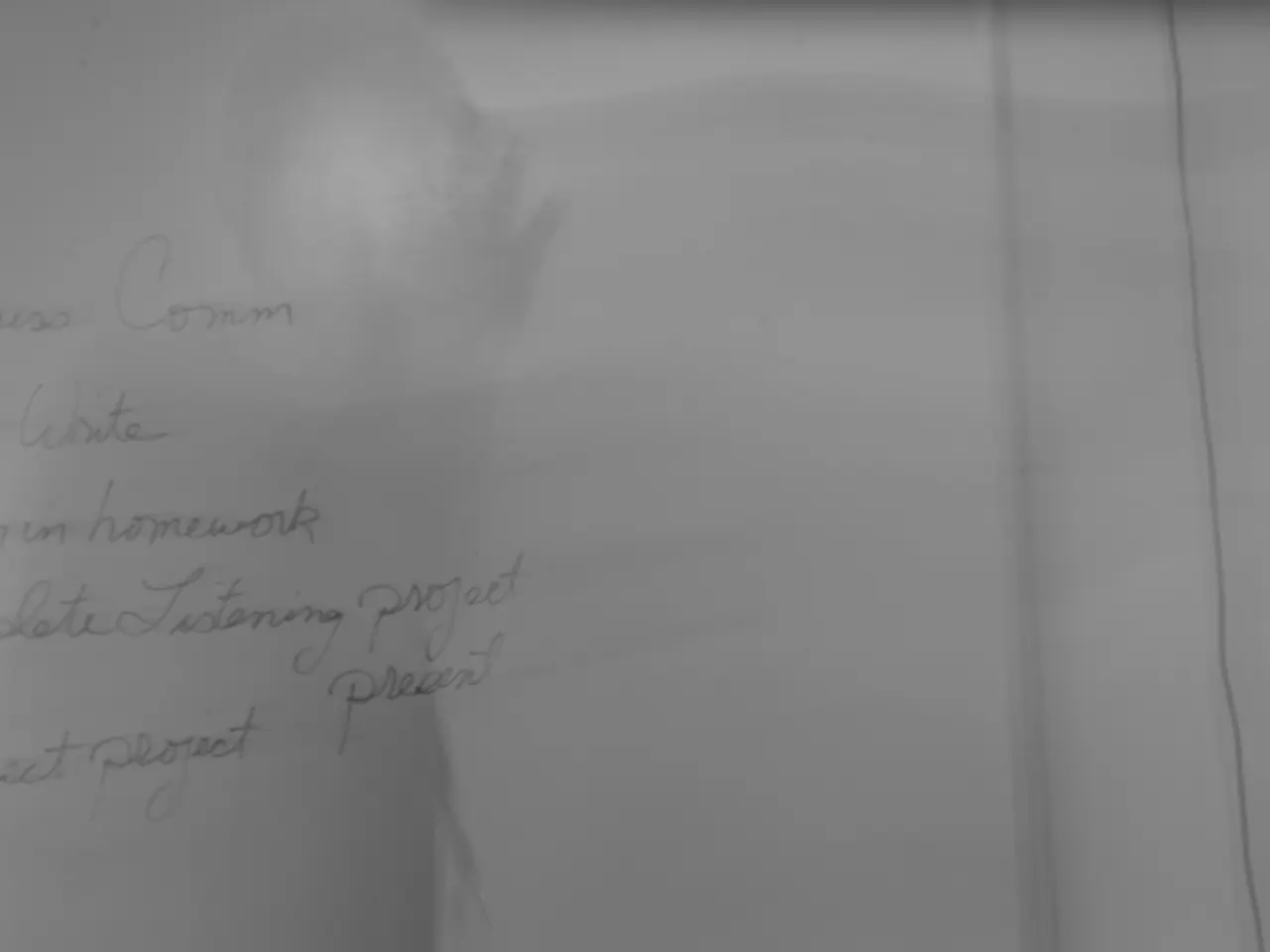Basic Approach Recommended: Centre and States Weigh Options for Simplification?
Twisting the Tides of Power:Tamil Nadu's bold move to appoint a three-member commission, spearheaded by a retired Supreme Court judge, has sent ripples through the nation. Led by Chief Minister M.K. Stalin, the government is taking a stand against what they perceive as a central government overreach, eroding state powers and violating the federal principles of the Constitution.
This commission has been tasked with a significant mission: to re-evaluate the relationships between the Union and state governments, analyzing constitutional provisions, existing laws, policies, and arrangements that impact these relationships. One of their key objectives is to suggest measures to rectify the loss of state jurisdiction, particularly subjects that were moved from the State List to the Concurrent List over time.
Reflexion of Our Nation's Charactar:The foundational principles of the nation are brilliantly captured in Article 1 of the Constitution, stating, "India, that is Bharat, shall be a union of states." It's crucial for all to comprehend and embrace this message. These principles have been further explained and cultivated over the past 75 years, encompassing the concept of "unity in diversity." The reorganization of states on linguistic grounds occurred later, but the founding fathers envisioned the states as the essential building blocks of the nation.
A Historical Debacle:Over the years, the energy and focus on reinforcing these great principles and setting healthy practices have waned. The Union government has, at times, behaved as if it were the central authority, with states expected to play subordinate roles. This misguided concept led to undesirable results, such as the thinning of the State List and the expansion of the Union and Concurrent Lists. Furthermore, the abuse of Article 356, the declaration of Emergency, and other actions have disregarded the intentions of the Constitution's framers.
The Present Impasse:The current central administration is perceived to have taken this trend to a new extreme, pushing its agenda onto unwilling states by manipulating the country's financial levers. Several states have protested the pressure to adopt central policies, particularly in areas such as health and education, in order to qualify for centrally-sponsored schemes.
Time for Introspection and Change:Both Union and state governments must revisit the fundamental principles upon which the Constitution is based and engage in constructive discussions on the nation's progress. If a re-evaluation of Centre-state relations is vital, it should be conducted diligently. Similarly, a reconsideration of the financial empowerment of states is essential. Regular assessments of our nation will enhance its strength. This commission should ideally serve as a democratic platform for meaningful engagement among all stakeholders, contributing to productive change.
[1] https://www.theindiaforum.in/article/why-does-tamil-nadu-matter-unity-diversity-and-federalism-in-india[2] https://www.thehindu.com/news/national/tamil-nadu/t-n-formed-commission-on-centre-state-relations/article37941292.ece[3] https://www.theguardian.pe.ht/india-news/story/9747944/why-tamil-nadu-represents-an-existential-crisis-for-the-indian-nation-state[4] https://www.thewire.in/law/tamil-nadu-central-government-raj-bhawan-deafening-silence
- The formation of the three-member commission by Tamil Nadu focuses on policy-and-legislation, as they've been tasked with re-evaluating relationships between the Union and state governments, analyzing constitutional provisions, existing laws, and arrangements that impact these relationships.
- The debate over Centre-state relationships in Tamil Nadu reflects a broader issue in politics, where the general-news portrays the clash between the Tamil Nadu government's stance against the central government's perceived overreach and the central government's push for its agenda onto unwilling states, triggering widespread discussions on federalism and the Constitution's principles.






